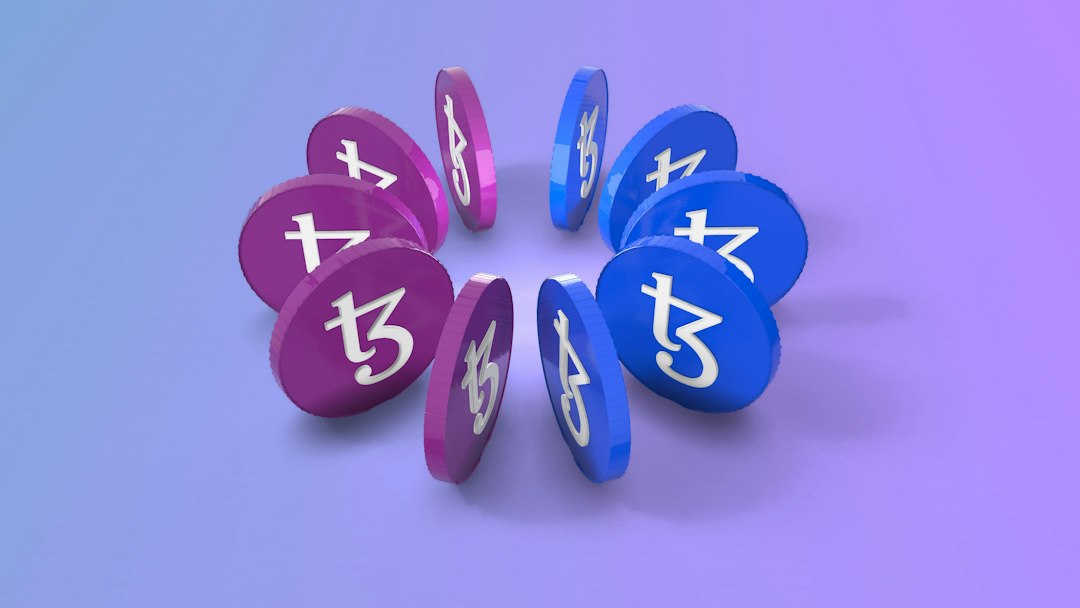ICO Regulation: Challenges and Future Outlook
Welcome to the world of Initial Coin Offerings (ICOs), where innovative blockchain projects raise funds by selling digital tokens to investors. ICOs have emerged as a popular way for startups to secure capital, but their rapid growth has also raised concerns about investor protection and regulatory oversight. In this article, we will explore the challenges faced by ICO regulation and discuss the future outlook for this exciting yet complex industry.
The Need for ICO Regulation
With the meteoric rise of cryptocurrencies, ICOs have become a go-to fundraising method for blockchain projects. They offer a unique opportunity for investors to support early-stage ventures and potentially reap substantial returns. However, this unregulated landscape has attracted fraudulent actors who exploit unsuspecting investors through scams and Ponzi schemes.
Challenge 1: Investor Protection
One of the key challenges in ICO regulation is ensuring investor protection. Without proper safeguards, investors are vulnerable to fraudulent activities such as misleading information, token manipulation, and even outright theft. The lack of transparency and accountability in the ICO space makes it difficult for regulators to effectively address these issues.
Challenge 2: Regulatory Uncertainty
The decentralized nature of cryptocurrencies poses a challenge for regulators. Different jurisdictions have varying approaches to ICOs, leading to regulatory uncertainty. Some countries have embraced ICOs as a legitimate fundraising method, while others have banned them altogether. This lack of consistency creates confusion for both issuers and investors.
The Current State of ICO Regulation
Regulatory Efforts
In response to the challenges posed by ICOs, several countries have started taking steps towards regulatory frameworks. The United States Securities and Exchange Commission (SEC) has classified some ICOs as securities offerings, subjecting them to existing securities laws. Similarly, countries like Switzerland and Singapore have introduced guidelines to provide clarity on token classifications and investor protection.
Self-Regulation
Recognizing the need for industry-wide standards, many blockchain organizations and associations have taken the initiative to self-regulate. They aim to establish best practices, conduct due diligence on ICO projects, and promote transparency. While self-regulation is a positive step towards building trust within the ICO ecosystem, it still lacks the legal enforceability that government regulations provide.
The Future Outlook for ICO Regulation
Global Collaboration
The future of ICO regulation lies in global collaboration among regulators. As cryptocurrencies transcend borders, it becomes crucial for regulators to work together and create harmonized guidelines. International cooperation can help prevent regulatory arbitrage and ensure a level playing field for issuers and investors worldwide.
Technological Solutions
With blockchain technology at its core, ICOs have the potential to leverage innovative solutions for regulatory challenges. Smart contracts can be used to enforce compliance with regulations, ensuring that funds are used as intended. Blockchain-based identity verification systems can enhance investor protection by reducing anonymity and enabling traceability.
Frequently Asked Questions (FAQs)
Q: Are all ICOs fraudulent?
No, not all ICOs are fraudulent. While there have been instances of scams in the past, many legitimate projects have successfully conducted ICOs to fund their development and growth.
Q: What should I consider before investing in an ICO?
Before investing in an ICO, you should thoroughly research the project team, read the whitepaper, and assess the viability of the project. Additionally, consider the regulatory environment and any risks associated with the specific ICO.
Q: Will ICO regulation stifle innovation?
ICO regulation aims to strike a balance between investor protection and fostering innovation. While some level of regulation is necessary, it should not hinder the development of new and transformative blockchain projects.
Q: How can I stay updated on ICO regulations?
To stay updated on ICO regulations, follow reputable news sources, join blockchain communities, and monitor announcements from regulatory bodies such as the SEC or relevant authorities in your jurisdiction.
In conclusion, while ICOs have revolutionized fundraising for blockchain startups, they face significant challenges in terms of investor protection and regulatory uncertainty. However, with ongoing efforts towards regulation and technological advancements, the future outlook for ICOs appears promising. By addressing these challenges head-on, we can unlock the true potential of ICOs while safeguarding the interests of investors.





 By
By
 By
By
 By
By
 By
By
 By
By
 By
By